- 3992
- 0
Sharing Ideas and Updates on LPG in Nigeria and related information to enable effective collaboration within the LPG Value Chain
NUPENG LPGAR Raises Concerns Over Unsafe LPG Cylinders And High-Propane Cooking Gas.

The Liquefied Petroleum Gas (LPGAR) Retailers Branch of the National Union of Petroleum and Natural Gas Workers (NUPENG) has expressed alarm regarding the increasing circulation of substandard cylinders and Liquefied Petroleum Gas (LPG), commonly known as cooking gas, with high propane content.
During his address at the 3rd Quadrennial Delegates Conference in Lagos, Mr. Chika Umudu, the immediate past Chairman of LPGAR NUPENG Branch, emphasized the need to prioritize safety in LPG retailing. He called upon the Nigerian Midstream Downstream Petroleum Regulatory Authority (NMDPRA) and the Standards Organisation of Nigeria (SON) to take action against the hazardous presence of high-propane LPG in the market, which poses risks to both operators and consumers.
LPGAR expressed dissatisfaction with the Standards Organisation of Nigeria's lack of understanding regarding the quality of cylinders, accessories, and equipment currently in circulation within the industry. The organization questioned the absence of a long-term plan to ensure the importation of only standard cylinders, as well as the withdrawal of substandard cylinders in the near future. LPGAR also raised concerns about the reliance on imported cylinders, suggesting that local production should be revitalized, as was the case in the 1980s and 1990s. It further proposed that multinational corporations seeking retail spaces should be mandated to produce cylinders and other necessary LPG materials.
Highlighting the vulnerability of low-income earners, LPGAR warned that the imported "China cylinders" are unable to withstand Nigerian weather conditions for more than a year, thus posing a significant risk. The organization expressed disappointment with the discontinuation of Techno Oil's cylinder production in Nigeria, paralleling the fate of its predecessors from the 1990s.
Moreover, LPGAR appealed to the Standards Organisation of Nigeria to exercise discretion regarding the confiscation of second-hand "Tokunboh" cylinders, mainly imported from the United Kingdom. These cylinders, although prohibited by law, are seen as a hidden blessing for Nigerians due to the absence of viable alternatives. LPGAR recommended that regulatory agencies adopt a more flexible approach in regulating cylinders, accessories, and equipment, considering Nigeria's status as a developing country and the unique challenges it faces.
The former Chairman emphasized the critical role of safety in the LPG distribution value chain and urged retailers to recognize the indispensability of regulatory agencies. He asserted that a well-regulated retail system not only enhances business profitability but also ensures safety for both neighbors and end-users. Umudu called upon regulatory agencies to view the branch union as a vital partner in policy-making and implementation processes.
Umudu also recounted the longstanding plea of the branch union for the old Department of Petroleum Resources (DPR), now NMDPRA, to adopt a more flexible approach to enhance the regulation of "Category D" retailers. Despite some initial attempts, these efforts were ultimately abandoned, leading to negative consequences for loyal union members. The current regulatory pattern creates incentives for non-members to avoid compliance, resulting in the loss of union members. This situation has placed significant strain on the union and is applicable to various regulatory agencies at both federal and state levels.
In conclusion, the LPGAR NUPENG Branch has raised valid concerns about the influx of unsafe cylinders and high-propane cooking gas in the market. The organization calls for immediate action from regulatory authorities to address these issues and emphasizes the importance of prioritizing safety and collaboration with the branch union to ensure effective policy implementation.





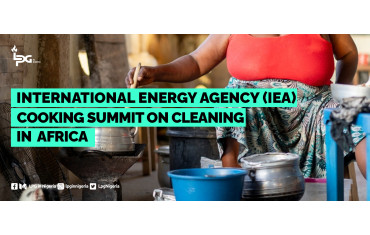
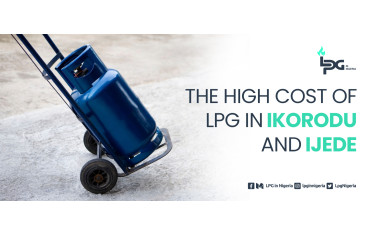
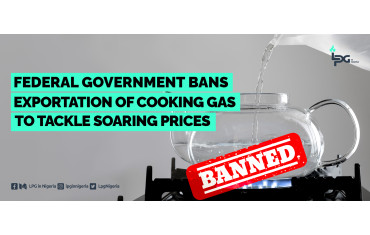
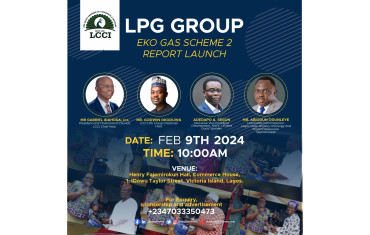
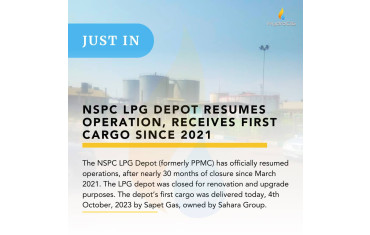
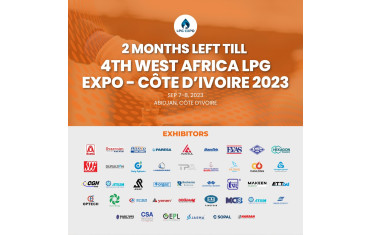
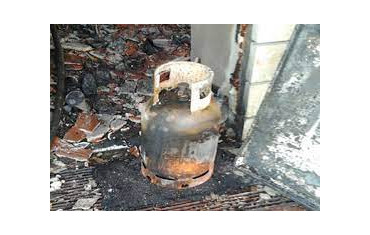
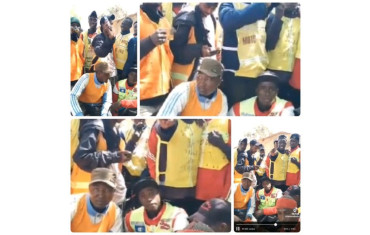
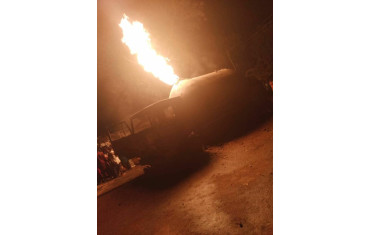


0 Comment.